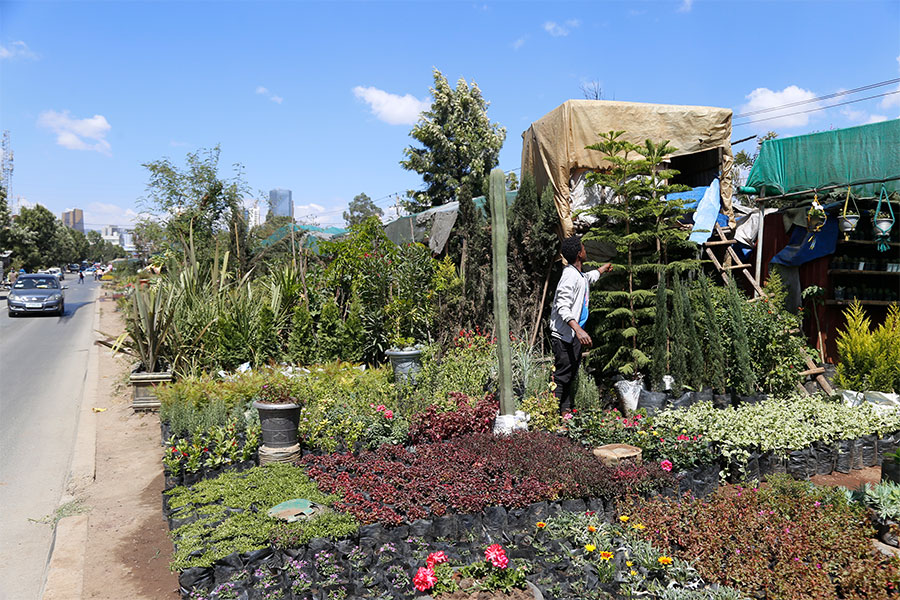
Featured | Jan 03,2021
In the lobby of the main police station in Yeka sub-city in Addis Abeba, the portrait of the former Prime Minister Meles Zenawi has been removed from its position on the wall and placed on the floor, behind a rickety wooden bench.
The bespectacled ex-premier peers up inquisitively from a dusty frame, in turn receiving bewildered down glances from visitors who mill around in the small foyer of the police precinct. It is an incongruous position for a past leader whose strident gaze used to grace the citizens from high on up, even from above the remote and faraway entrance gate of the Bale Mountains National Park.
But these are topsy-turvy times of change and reform. Now the portraits of the emperors Tewodros and Haile Selassie are in vogue and are prominently plastered across the bodies and windows of taxis, private cars, Bajajs and even on the canvases of horse-drawn carriages around the city.
There is the omnipresent smile of the reformist prime minister, Abiy Ahmed (PhD), whose face appears everywhere - in front of restaurants, across highway bridges, on the walls of government buildings and on the public squares. Abiy is portrayed in different poses and postures, as varied as the paths he took to arrive at the seat of power in Arat Kilo.
But the adoration of our past and present leaders does not seem to have extended to the last two prime ministers, Meles Zenawi and Hailemariam Desalegn.
Some may understand the absence of Hailemariam’s face from the public spaces and from private vehicles, where even the sinister aspect of the dictator, Mengistu Hailemarian (Col.), is prominently and disconcertingly splashed. A perception held by many is that Hailemariam only served as a placeholder of sort after Meles passed away.
But why is Meles, the architect of the Ethiopian developmental state, so conspicuously shunned across the country even where the genteel and smiling visage of Eritrea’s strongman, Issayas Afeworki, seems to be in competition for prominence with Abiy?
Meles is almost nowhere to be seen, not even among the muddle of posters of artists and footballers that hang chaotically on open surfaces.
“I took two or three women to the burial site of Meles Zenawi,” says the taxi driver recalling an event from a year and half ago. “I dropped them off and watched from a distance as they bowed in great reverence to him at his grave.”
A year or two is a very long time in Ethiopia of today.
Who would have envisioned Issayas being cheered in Arada just a year ago?
The people of this charmed city welcomed him with open adulations that befit a conquering emperor. They came out in droves to the streets without any visible courting or prodding by political cadres, itself no small wonder.
The very anchor of the state, the very symbol of its authority and legitimacy is strengthened when a leader of a nation is autonomously hailed by adoring citizens. Not the kind of contrived adorations of sycophants that erupt wherever Kim Jung Un shows up in North Korea, but the kind of free and spontaneous exaltation that the city dwellers of Addis Abeba bestowed upon Abiy, and by extension Issayas.
In any case, the grim, unsmiling portraits of leaders bearing down from the public squares and offices do very little to inspire the confidence of the people. Better to view the animated portraits of Abiy and Issayas in angel-like iconographies, adorning images that endear them to the viewers.
One explanation for Meles’s image being absent from the profusion of public places may be that the perception towards the developmental state economic model of the country is in collapse given the failures of the Metals & Engineering Corporation and the long delay of the Grand Ethiopian Renaissance Dam.
Meles Zenawi’s administration has overseen the expansion of the infrastructure, improved access to education and health and increased the size of the economy to where it is today. Perhaps, he may still re-emerge and find his place among the popularly arrayed portraits that are on parade in the public spaces now. That is the judgement of history.
The joy of receiving adulations and even a hint of narcissism by itself is not a fatal flaw for a leader. Captains of industries use these qualities to great advantage as did Emperor Haile Selassie who displayed and used them with a particular finesse.
Emperor Haile Selassie was successful and fruitful as a leader and transformed Ethiopia by establishing electrical grids, the modern criminal code and prison facilities, printing presses, hospitals and schools as well as introducing the first constitution.
Meles had a turn but it is Abiy’s chance today to transform Ethiopia. He has the support and trust of the people, and he has the humility and chutzpah to be a great leader. Now at the helm, cheered and spurred on by his people, Abiy must steer this unsteady ship to a safe harbour. Abiy should trade carefully, though, for Ethiopia is a fickle lover that has thrown many a good captain overboard.
“We should not moor a ship with one anchor, or our life with one hope,” warn the Greek philosopher Epictetus. But we still pin our prospects on hope, the only gift of the gods that stayed in the human form and did not dissipate by escaping from Pandora’s Jar.
PUBLISHED ON
Jan 05,2019 [ VOL
19 , NO
975]


Featured | Jan 03,2021
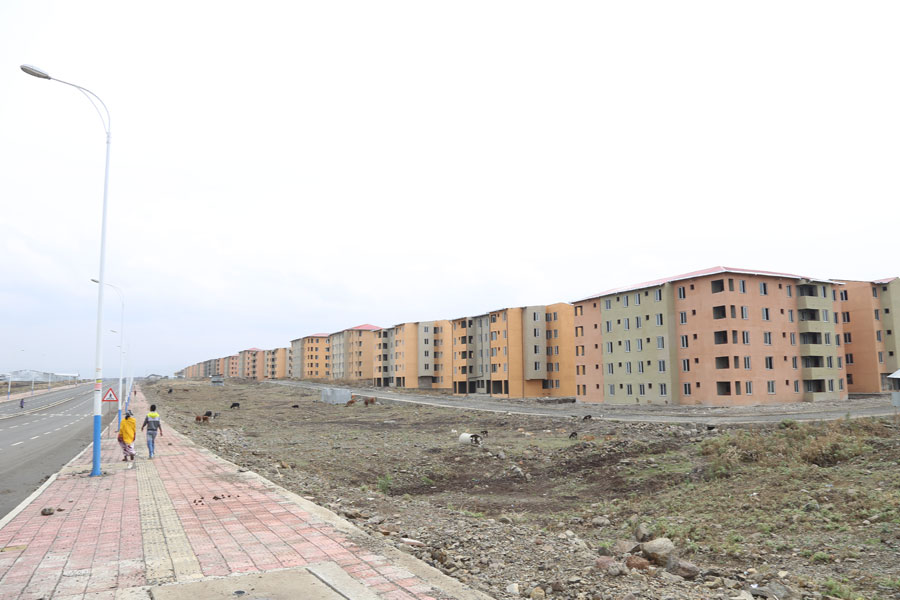
Fortune News | Mar 09,2019
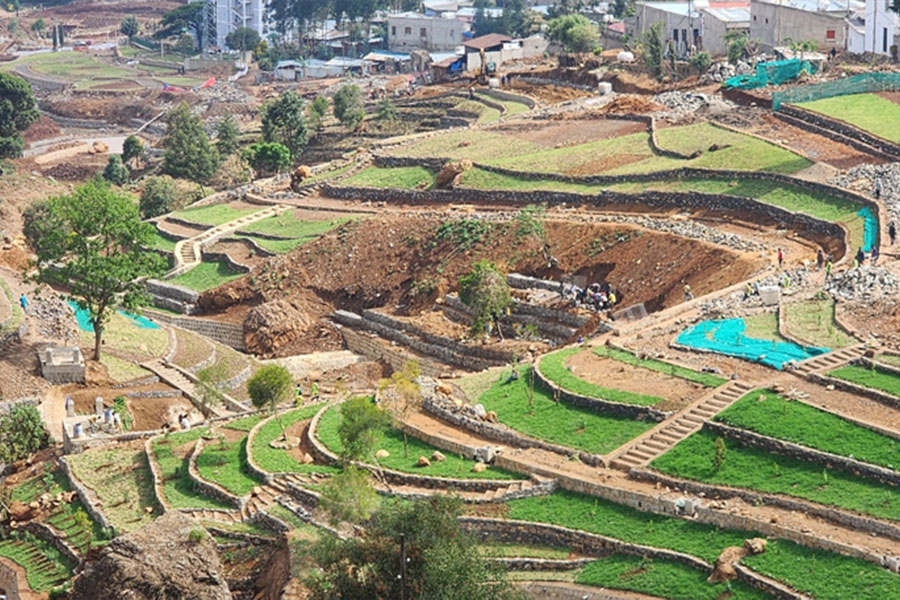
View From Arada | Jun 28,2025
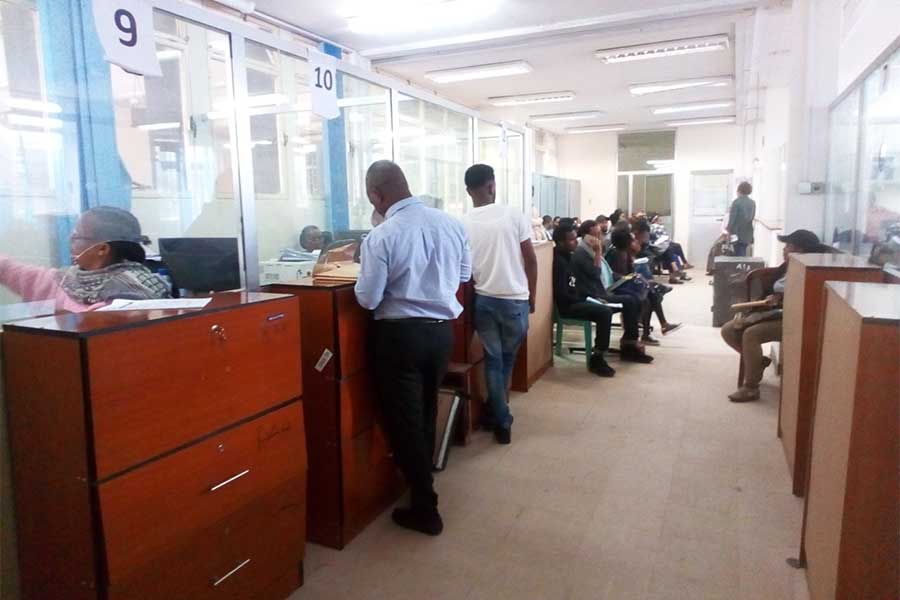
Featured | Aug 24,2019
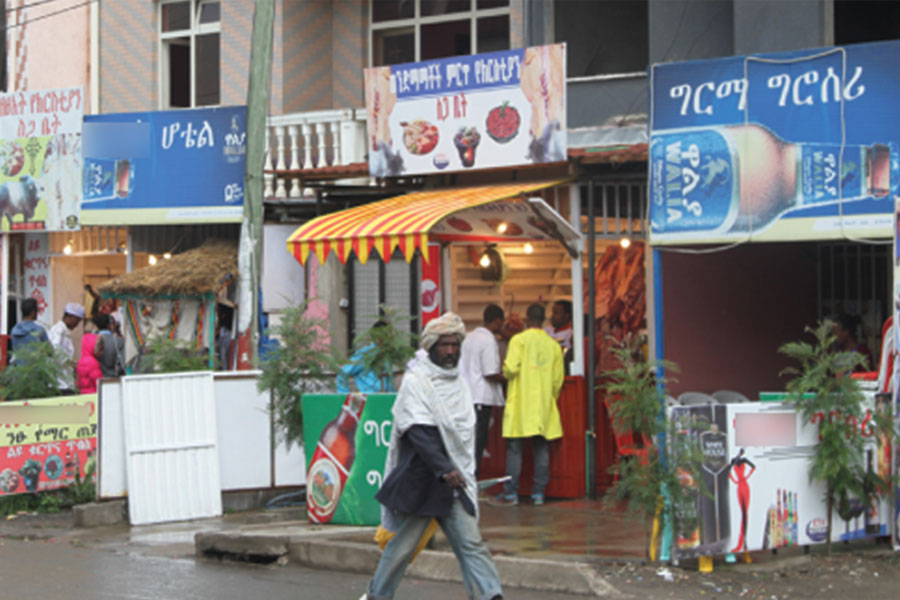
View From Arada | Apr 20,2019
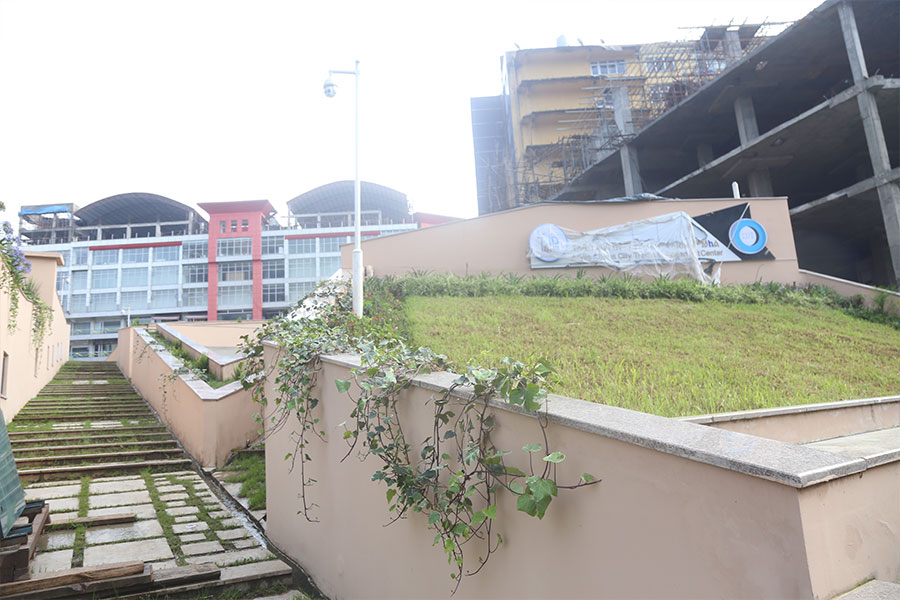
Featured | Sep 10,2023

Radar | Apr 13,2025
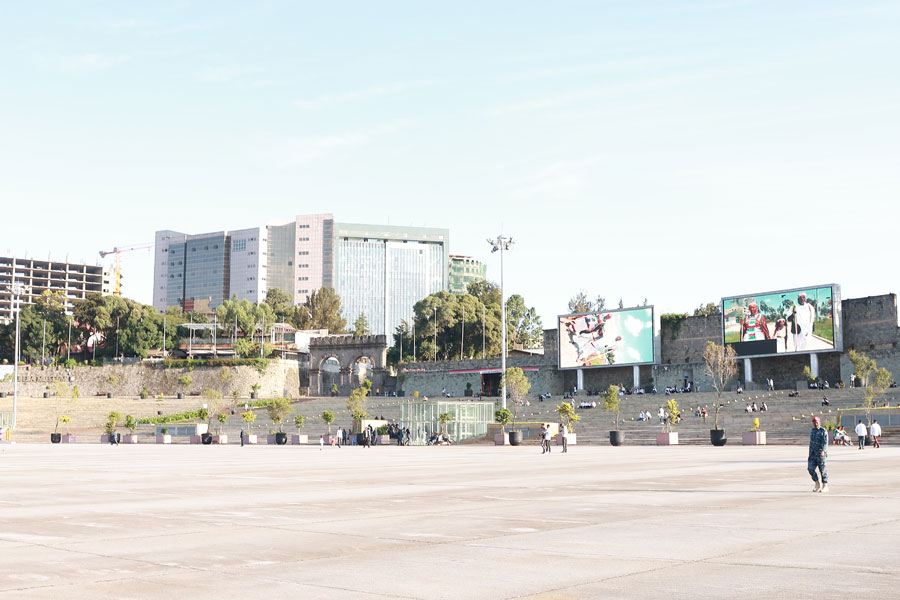
Fortune News | Oct 21,2023

Radar | Jun 12,2023
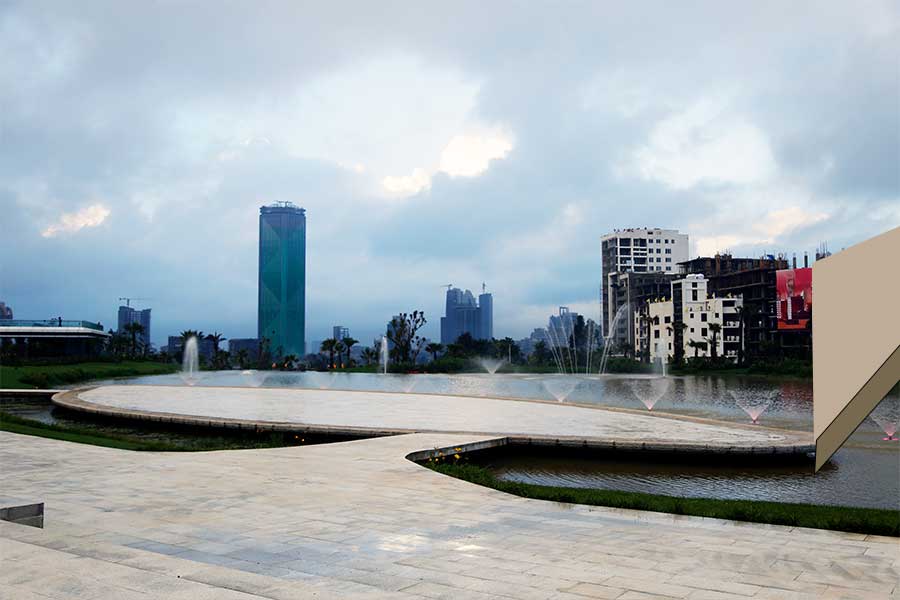
View From Arada | Sep 19,2020

Dec 22 , 2024 . By TIZITA SHEWAFERAW
Charged with transforming colossal state-owned enterprises into modern and competitiv...

Aug 18 , 2024 . By AKSAH ITALO
Although predictable Yonas Zerihun's job in the ride-hailing service is not immune to...

Jul 28 , 2024 . By TIZITA SHEWAFERAW
Unhabitual, perhaps too many, Samuel Gebreyohannes, 38, used to occasionally enjoy a couple of beers at breakfast. However, he recently swit...

Jul 13 , 2024 . By AKSAH ITALO
Investors who rely on tractors, trucks, and field vehicles for commuting, transporting commodities, and f...

Jul 12 , 2025
Political leaders and their policy advisors often promise great leaps forward, yet th...

Jul 5 , 2025
Six years ago, Ethiopia was the darling of international liberal commentators. A year...

Jun 28 , 2025
Meseret Damtie, the assertive auditor general, has never been shy about naming names...

Jun 21 , 2025
A well-worn adage says, “Budget is not destiny, but it is direction.” Examining t...